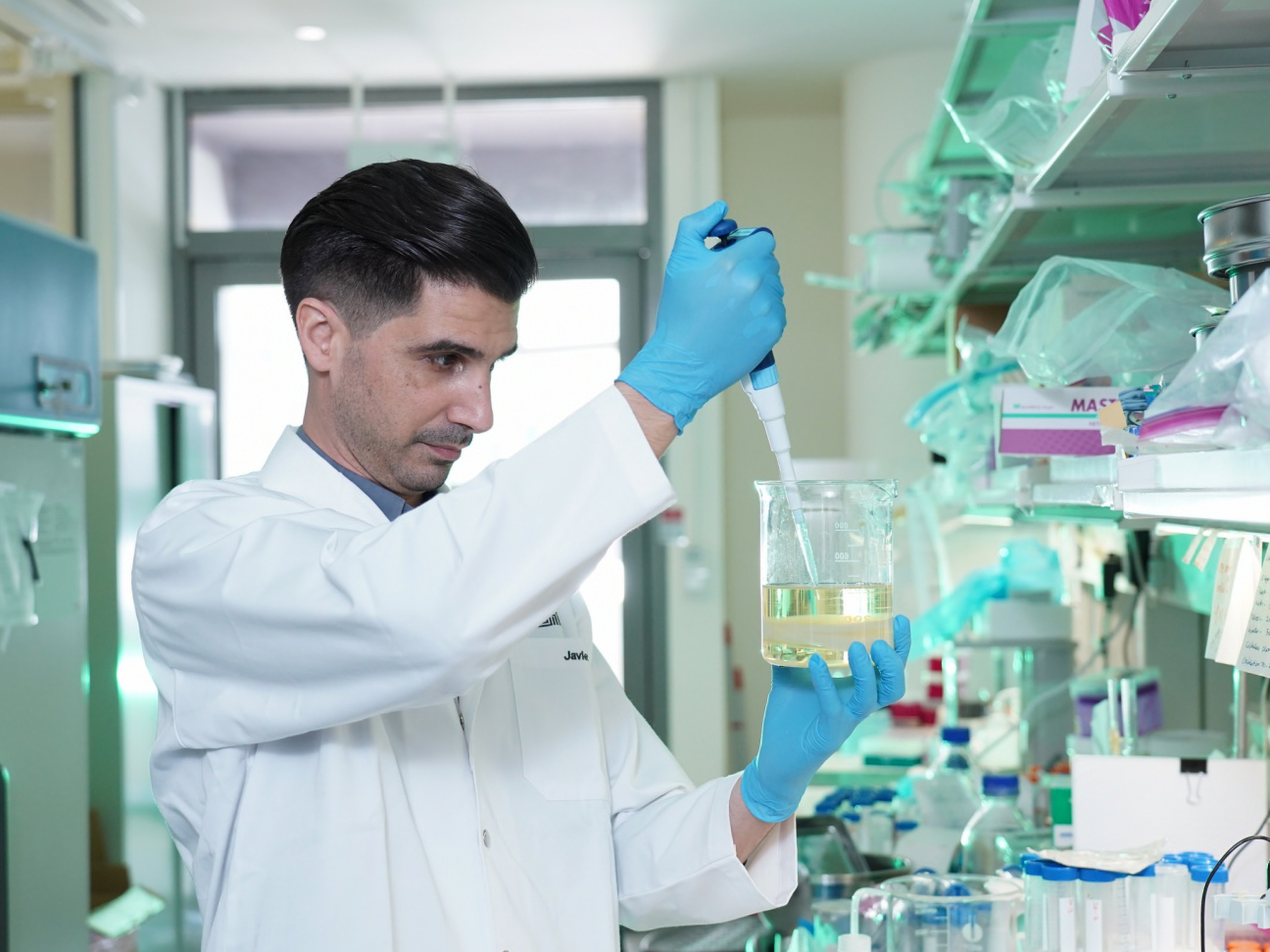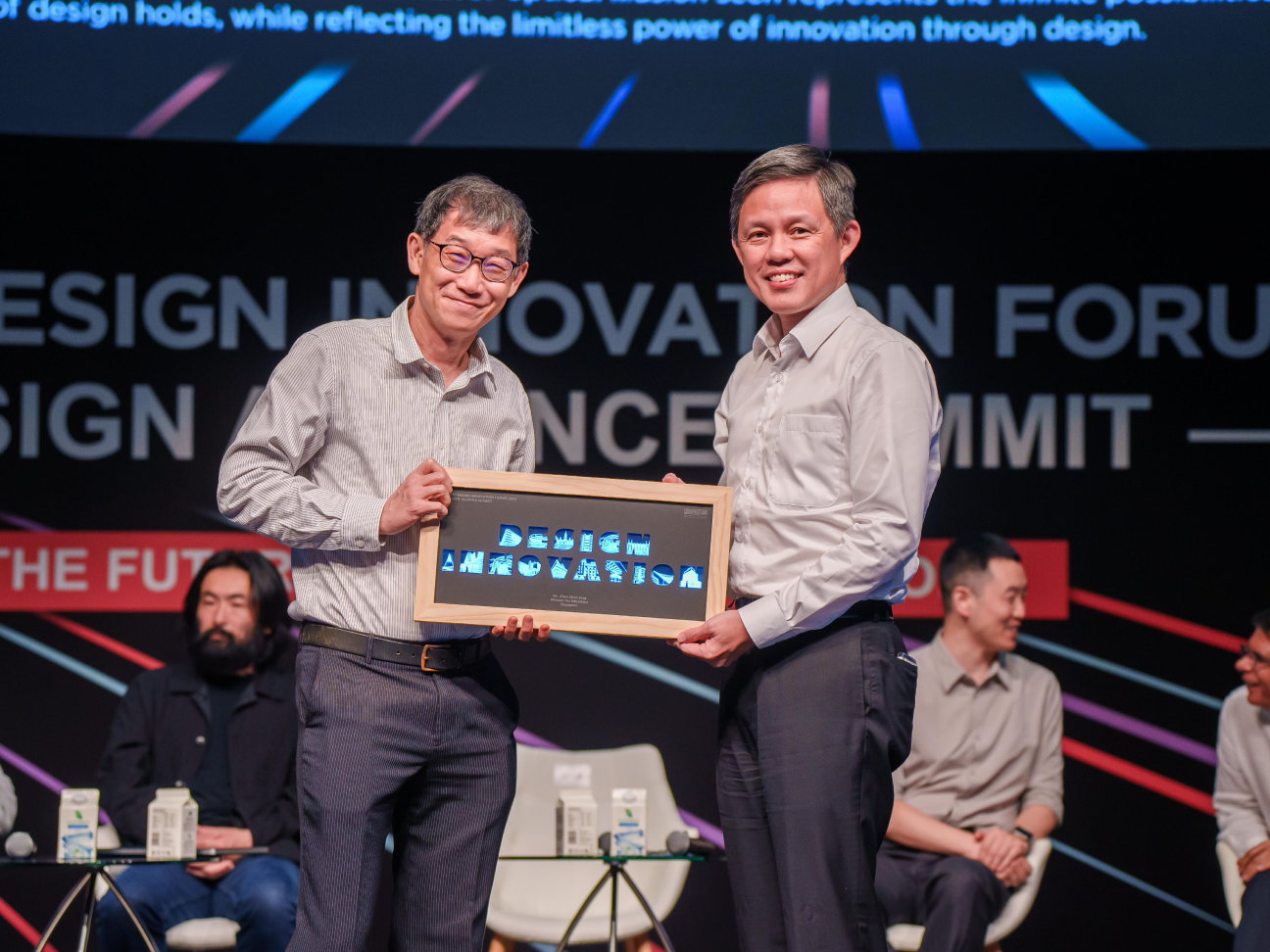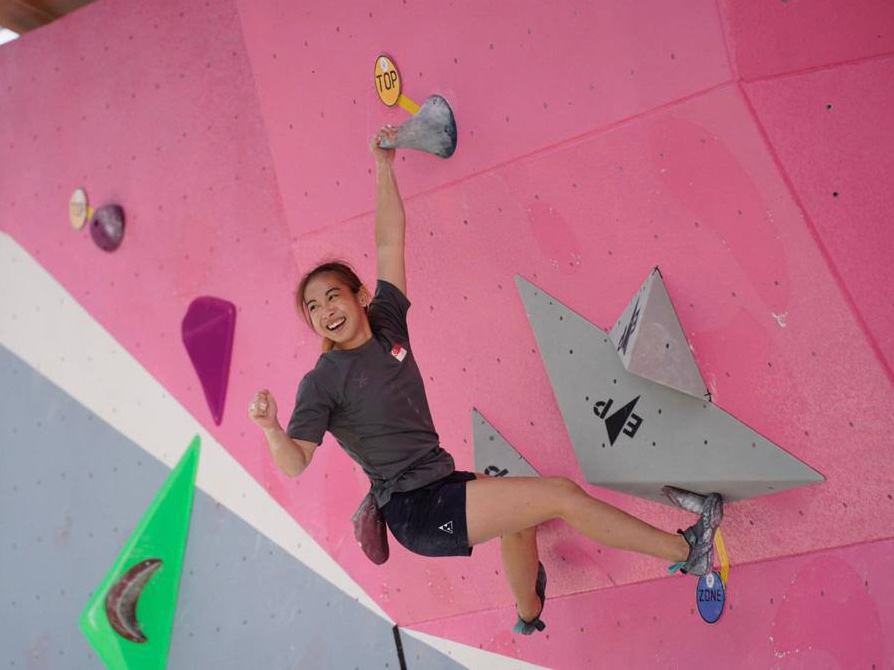Events
The Design Ethics of Autonomous Machines
In this presentation, I describe and explain why ethics has become even more salient as autonomous machines move out from factories and laboratories into the open, complex and unpredictable environment of cities.
DH Asia Webinar Series: “The Tale of Genji: Where Traditional Research Meets Digital Technology” by Ayano Takeuchi
DH Asia Webinar Series: “The Tale of Genji: Where Traditional Research Meets Digital Technology” by Ayano Takeuchi
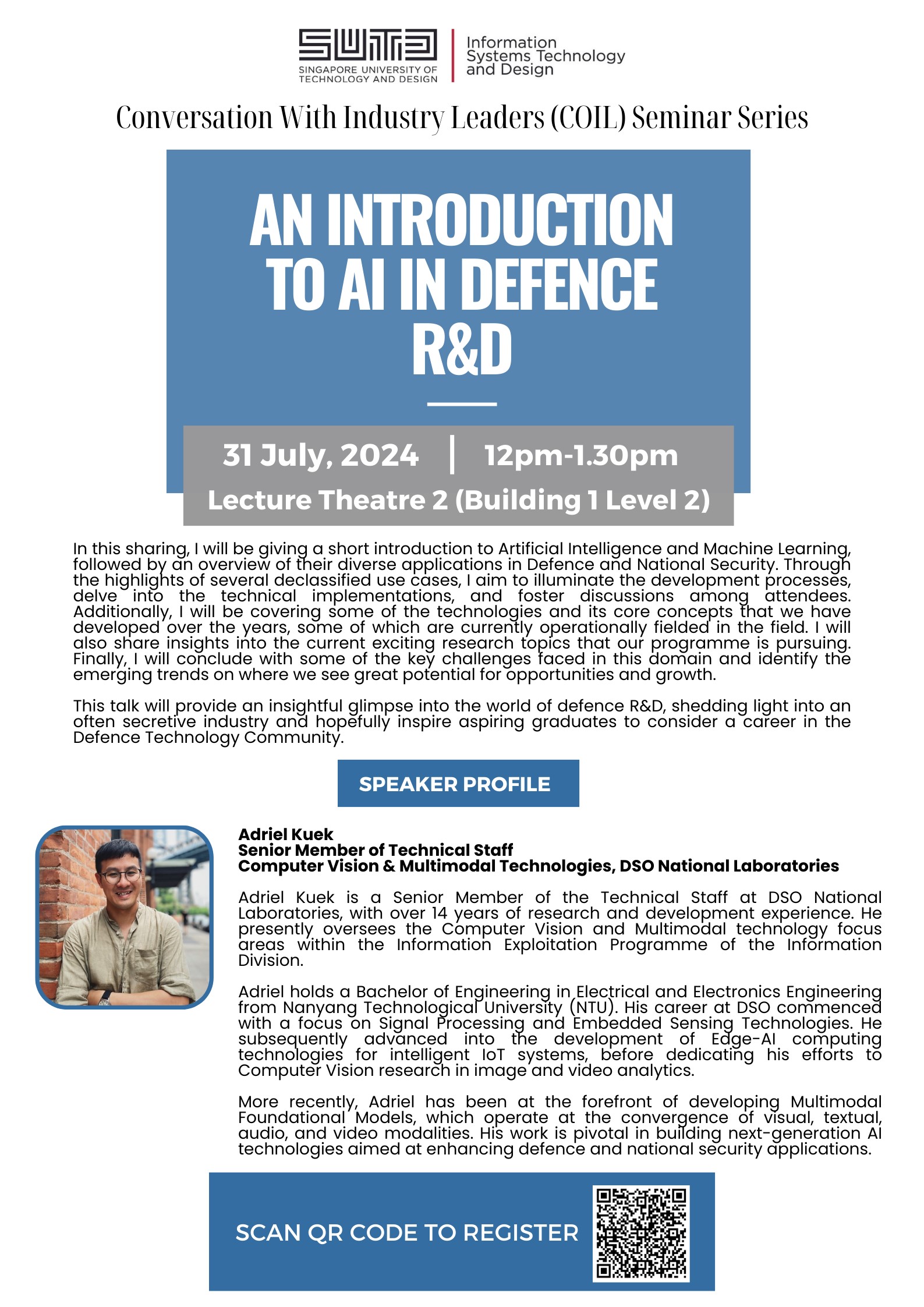
Adriel Kuek (DSO National Laboratories) – An Introduction to AI in Defence R&D
This talk will provide an insightful glimpse into the world of defence R&D, shedding light into an often secretive industry and hopefully inspire aspiring graduates to consider a career in the Defence Technology Community. […]

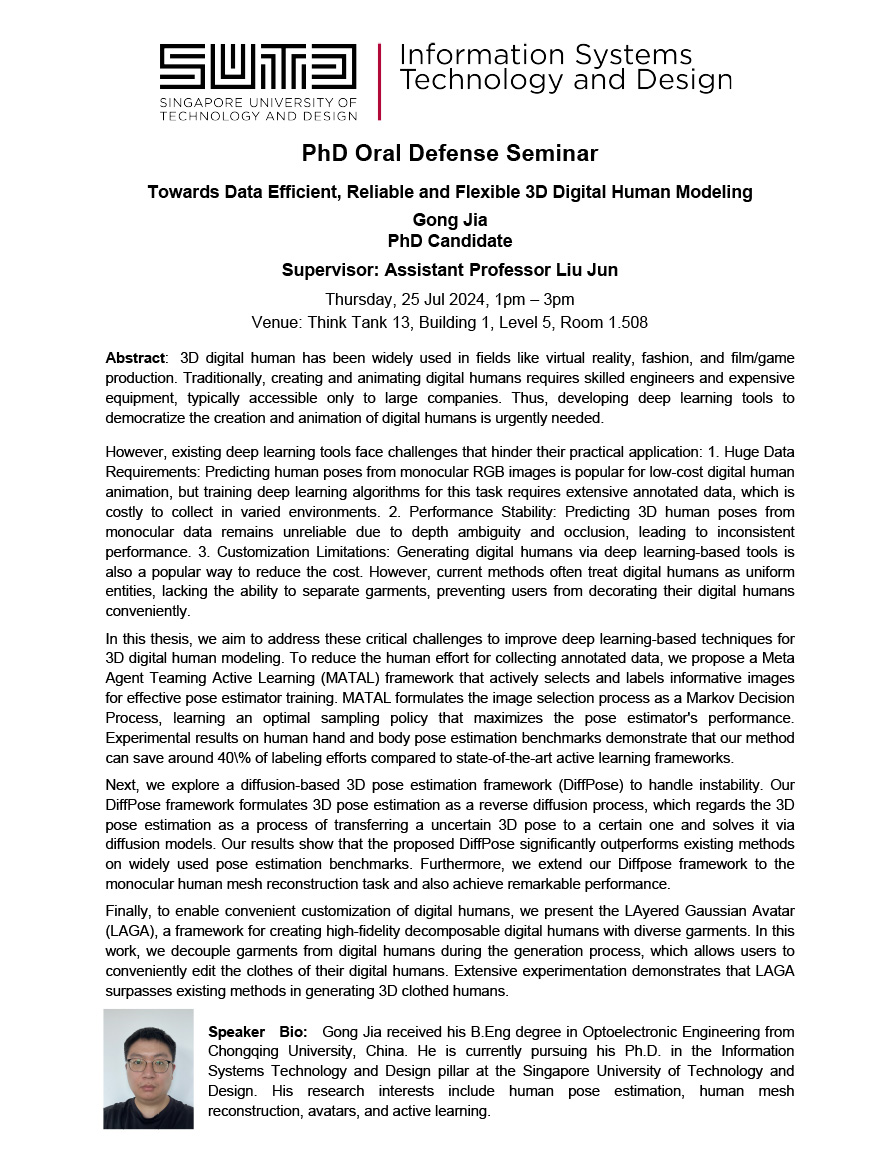
ISTD PhD Oral Defense presented by Gong Jia – Towards Data Efficient, Reliable and Flexible 3D Digital Human Modeling
3D digital human has been widely used in fields like virtual reality, fashion, and film/game production. Traditionally, creating and animating digital humans requires skilled engineers and expensive equipment, typically accessible only to large companies. Thus, developing deep learning tools to democratize the creation and animation of digital humans is urgently needed. […]


Mark Sin (Apple Inc.) – What in School Helped my Career?
Are you curious about how your school experiences can help shape your career? Join us for an insightful seminar by Mark Sin, an overseas Singaporean based in California, who is an accomplished engineering architect at Apple Inc. In this seminar, Mark will share how the completion of industry projects, internships and acquisition of essential soft skills during his school days could help to land him into an engineering role in one of the world’s leading tech companies. […]

DH Asia Webinar Series: “Ancient and Modern Biotopes: What Can We Learn from Digitizing Ancient Pharmacology?” by Dr. Michael Stanley-Baker
DH Asia Webinar Series: “Ancient and Modern Biotopes: What Can We Learn from Digitizing Ancient Pharmacology?” by Dr. Michael Stanley-Baker
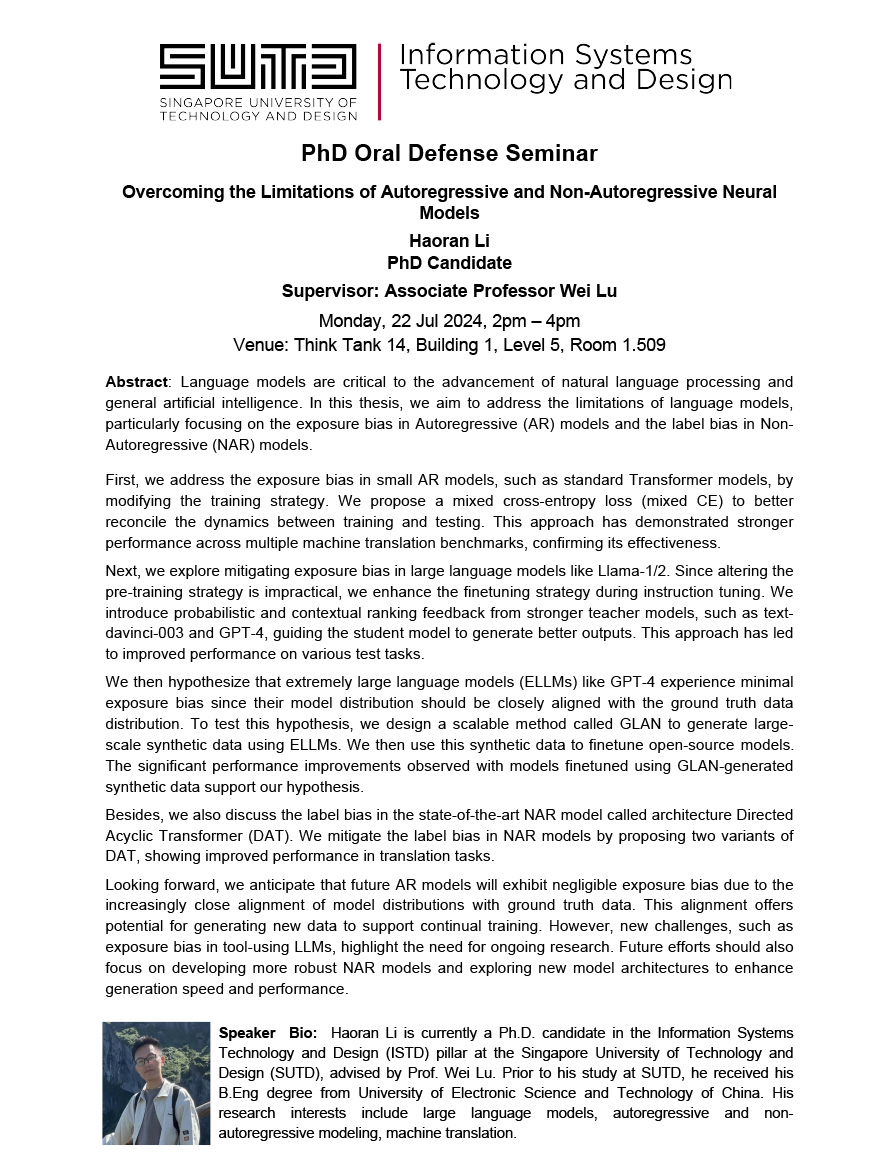
ISTD PhD Oral Defense presented by Haoran Li – Overcoming the Limitations of Autoregressive and Non-Autoregressive Neural Models
Language models are critical to the advancement of natural language processing and general artificial intelligence. In this thesis, we aim to address the limitations of language models, particularly focusing on the exposure bias in Autoregressive (AR) models and the label bias in Non-Autoregressive (NAR) models. […]


Fan Liu & Felix Tong (Morgan Stanley Technology) – An introduction of Cybersecurity in Investment Banking: An overview of Digital Signatures
This session will give you an overview of how technology, especially cybersecurity, is being adapted at Morgan Stanley. Speakers will then deep dive into the topic of digital signatures – the origin, history, and more importantly its current application in the banking industry and latest developments. […]


ISTD PhD Oral Defense presented by Li Xu – Towards Effective, Robust, and Continual Multi-modal Learning
In the ever-evolving field of artificial intelligence (AI), deep learning has emerged as a pivotal technique driving remarkable advancements across various domains. Among its many branches, multi-modal learning stands out as a particularly significant approach, which involves integrating and processing information from multiple modalities of data, such as visual content and language information, to enhance the capabilities of AI systems. The primary objective of multi-modal learning is to leverage the complementary information present in different modalities to achieve better performance than using any single modality alone, mimicking the way humans perceive and understand the world. […]

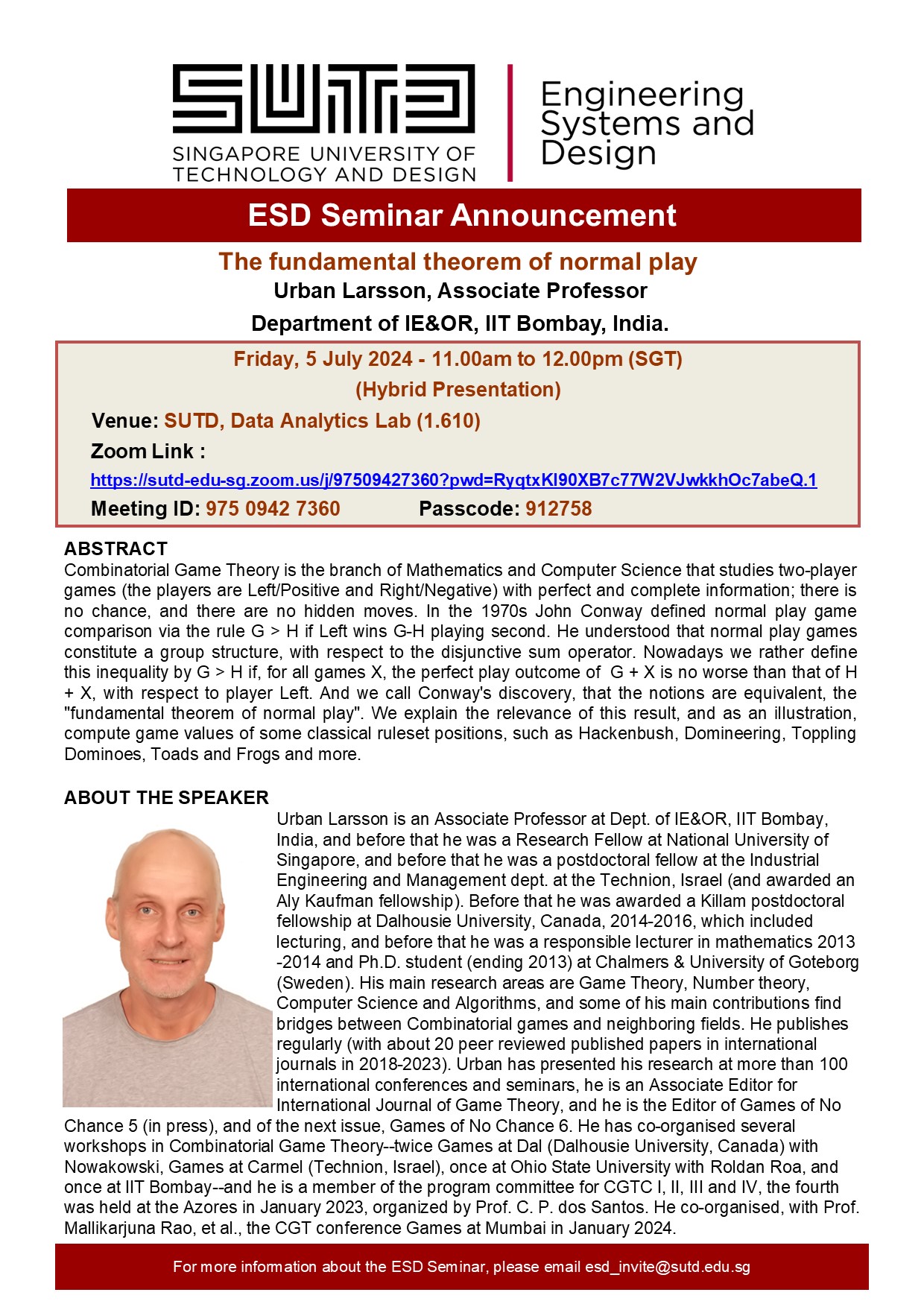
Urban Larsson (IIT Bombay, India) – The Fundamental Theorem of Normal Play
Urban Larsson (IIT Bombay, India) – The Fundamental Theorem of Normal Play



